President Bola Ahmed Tinubu on Wednesday used his 65th Independence Day broadcast to highlight education as a key pillar of his administration’s reforms, pledging more opportunities for students and young Nigerians.
Tinubu noted the progress Nigeria has made since independence in 1960, pointing to the expansion of secondary schools from 120 to more than 23,000, and the growth of tertiary institutions from just two to over 690 nationwide Edutimes Africa learnt.
He stressed that young people remain the country’s “greatest asset” and outlined a range of initiatives designed to improve access to education, skills, and innovation.
Among them is the Nigeria Education Loan Fund (NELFUND), through which more than 510,000 students have benefitted, accessing nearly ₦100 billion in loans to ease the burden of tuition and related costs.
The President also highlighted other youth-focused programmes, including:
Credicorp, which has provided ₦30 billion in loans for vehicles, housing, solar energy, and digital devices.
YouthCred, offering National Youth Service Corps (NYSC) members access to consumer credit.
iDICE, a multi-billion naira programme aimed at supporting Nigeria’s digital and creative industries.
Edutimes Africa gathered during the live broadcast.
Meanwhile, Tinubu said his decision to end fuel subsidies and unify the exchange rate system was intended to free up resources for critical sectors such as education, healthcare, and infrastructure.
“Our reforms are not easy, but they are necessary,” he said. “Education is at the heart of building a prosperous, self-reliant Nigeria.”
The President assured Nigerians that his government would continue to prioritise investments in schools, skills development, and innovation, describing education as central to the nation’s future.



































































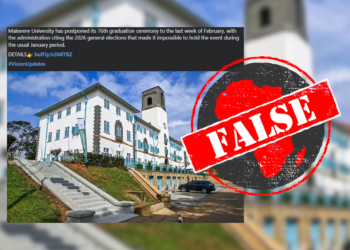
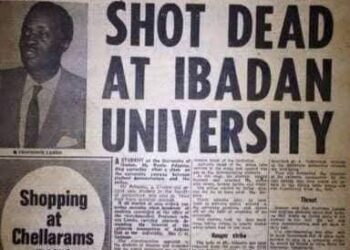
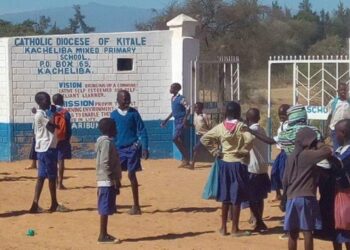
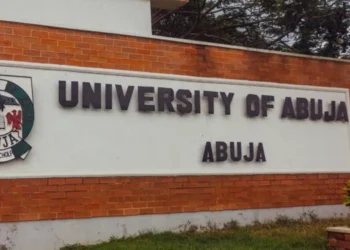
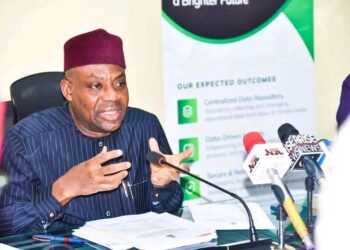









 EduTimes Africa, a product of Education Times Africa, is a magazine publication that aims to lend its support to close the yawning gap in Africa's educational development.
EduTimes Africa, a product of Education Times Africa, is a magazine publication that aims to lend its support to close the yawning gap in Africa's educational development.